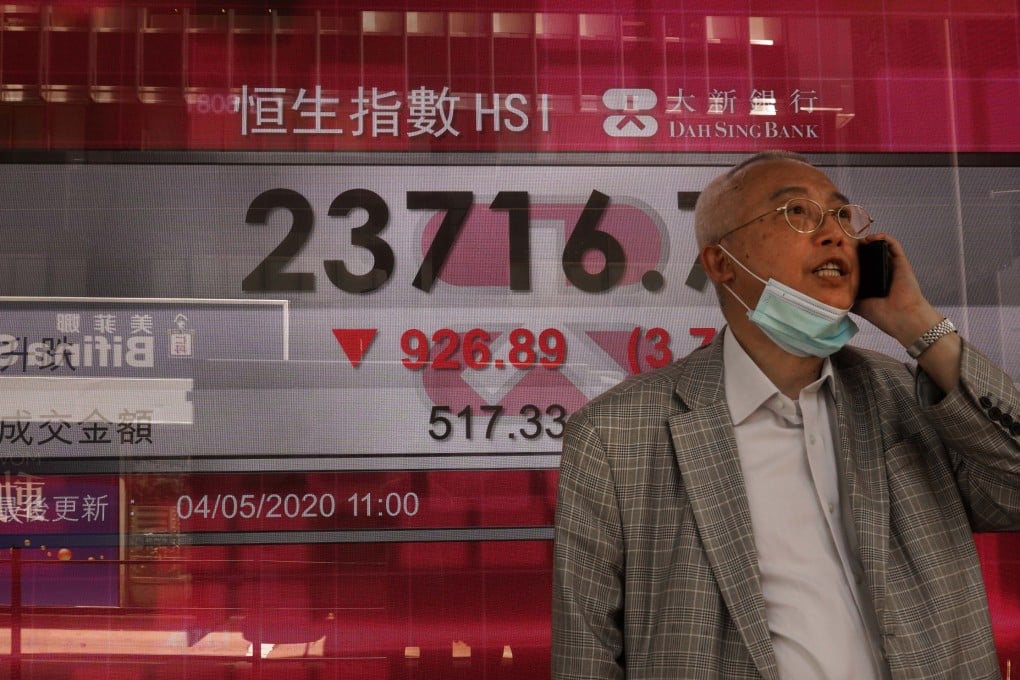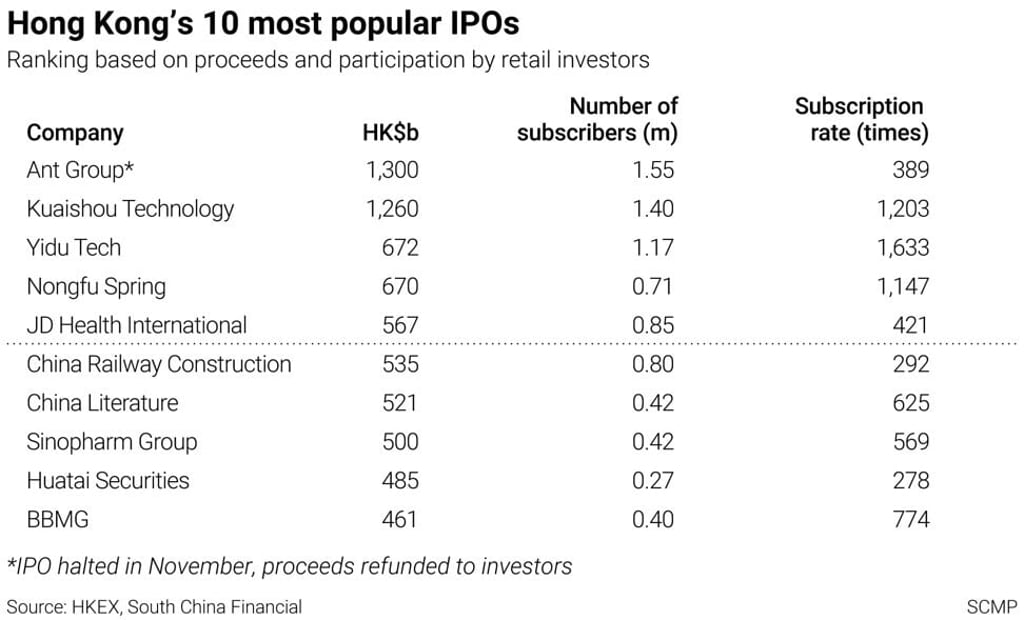Unlike Singapore, Hong Kong corporate governance is still stuck in a loop
- Board independence remains questionable, women are in the minority among listed company directors and legal remedies for minority shareholders are still lacking
- Yet, with the likes of Singapore closing the gap, Hong Kong needs to be a better-quality market where investor concerns, rather than vested interests, drive reform

Rules have been tweaked, corporate scandals are brassier and, occasionally, shareholders revolt – but the same shortcomings that vexed the market 20 years ago continue to do so today. Boardrooms stuffed with crony directors. A boys’ club ruling the roost. Legal remedies for minority shareholders? Still next to none.
This was our 10th report and Australia claimed the prize as the market with the best corporate governance in the region. China stayed in 10th place while Indonesia came last. Hong Kong ranked equal second with Singapore.
We base our scores on a wide range of factors, from government policy and enforcement powers to market rules, accounting standards, freedom of the press and shareholder activism. Along the way, we highlight a few of the region’s most brazen corporate miscreants.


